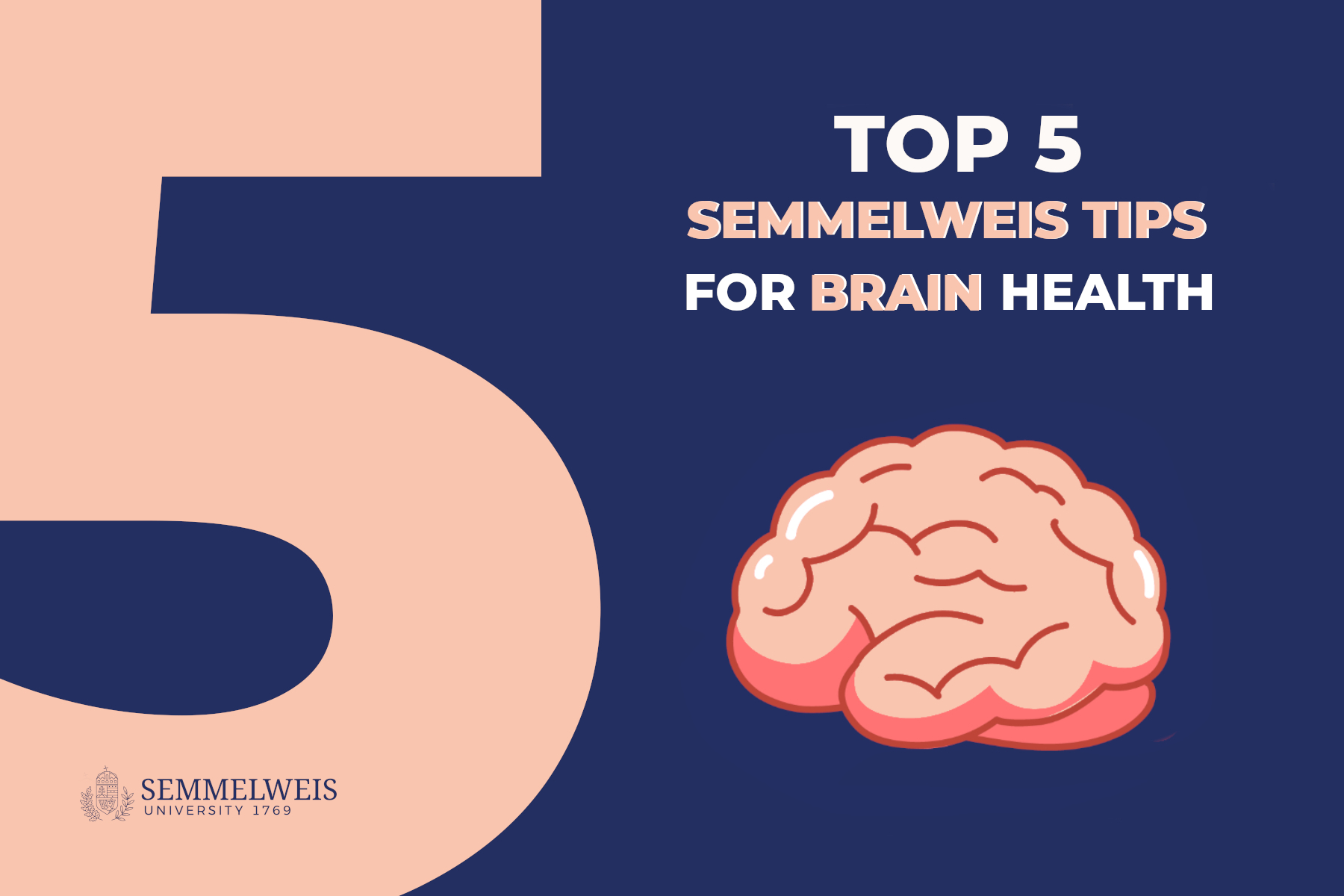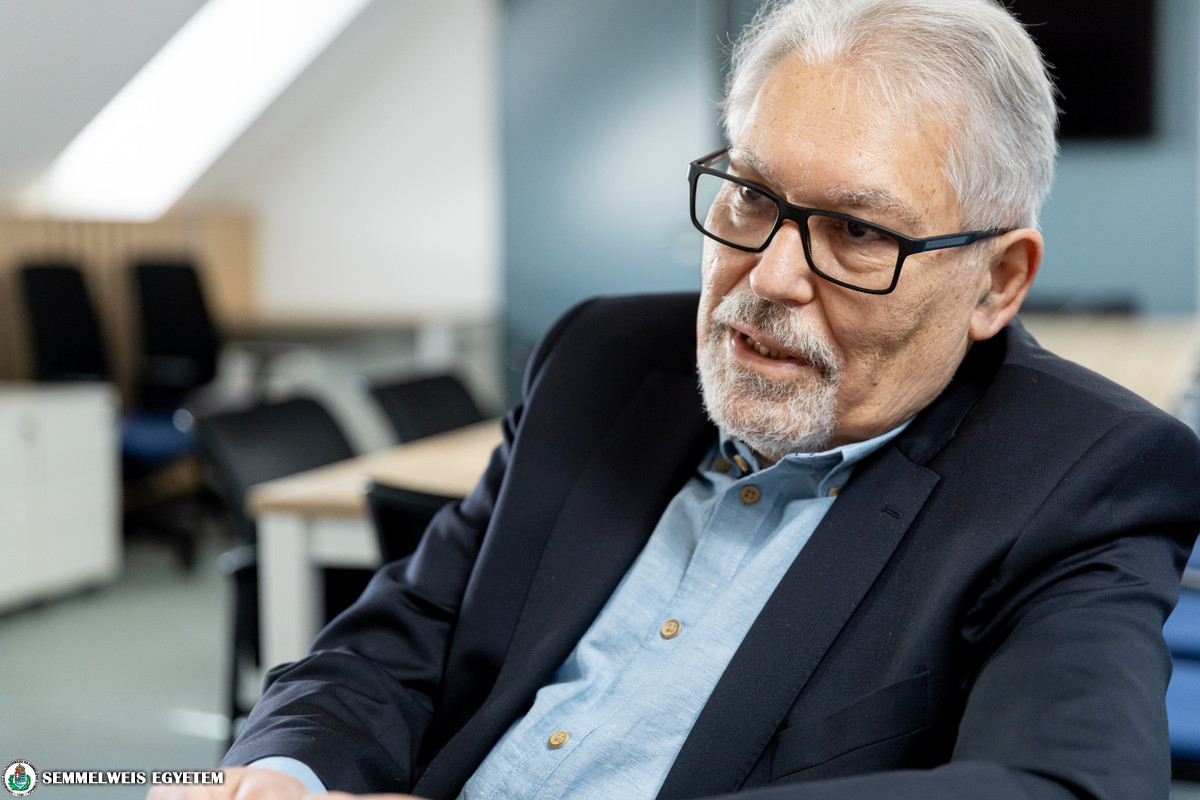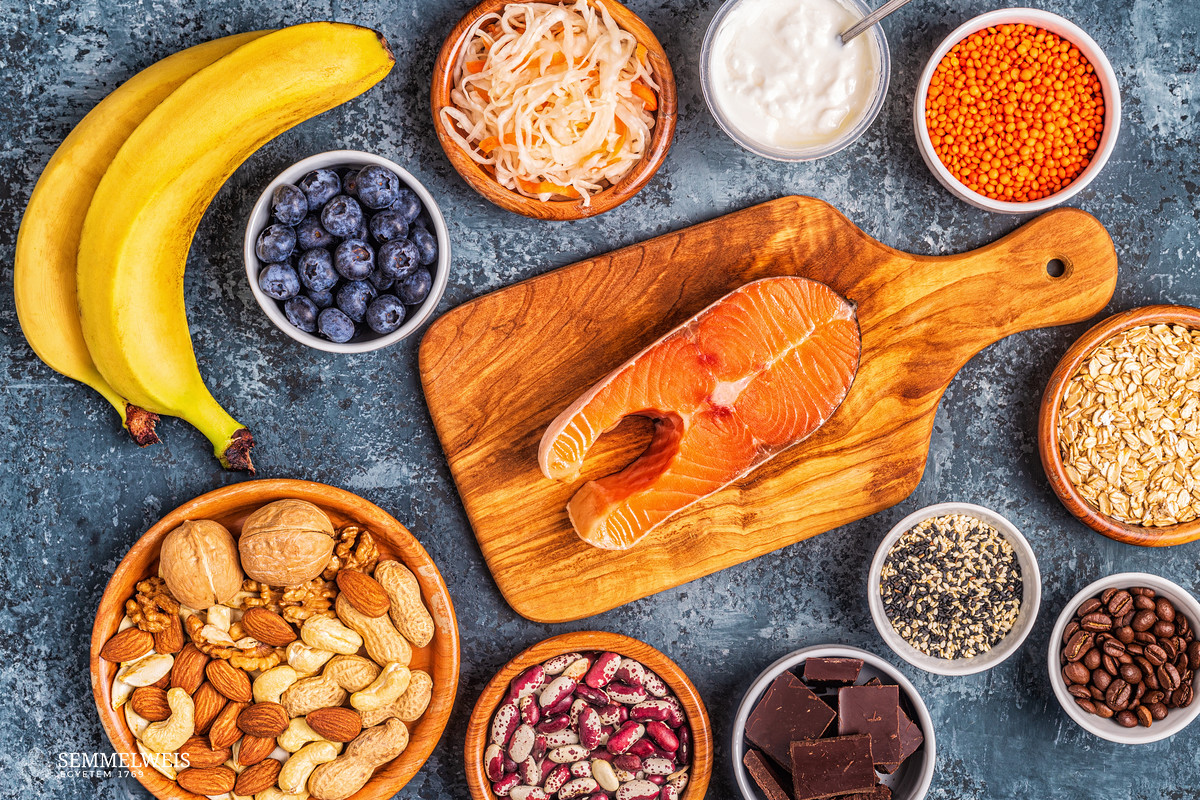1. Stay physically active! Move your body and play sports regularly, even as an elderly!
Good blood circulation is key to a healthy brain, and if the blood supply to the brain is reduced, this can lead to a number of problems. Mental fatigue, dizziness, frequent headaches can all be signs of an inadequate blood supply. However, regular exercise also improves blood flow to the brain, so it is important to make it part of our lives. It is essential to adopt a sporty, active lifestyle from a young age, because getting used to physical inactivity can have a negative effect on the whole body, including the brain. Regular walking, trekking and hiking in nature can be started at an older age, but the principle of incremental steps and consistency should be respected. Physical activity is also important for people who are overweight or have musculoskeletal problems, as it makes us feel better, both physically and mentally. The WHO recommends 300 minutes of low-intensity physical activity per week for adults to stay healthy.
2. Reduce stress!
Excessive stress negatively affects brain performance, so it is worth acquiring techniques to reduce it. Examples include meditation, breathing exercises and yoga. Exercise and physical activity in itself has a stress-relieving effect: as our mood improves, our stress levels decrease. In later life, clinical depression is common and medical help with anti-anxiety medication is recommended if necessary, but stress relief through other techniques is also key here.
3. Eat healthily! Consume brain-stimulating foods!
A diet rich in vegetables, fruits and whole grains (Mediterranean style), limiting sugar intake, avoiding foods containing saturated fats, drinking enough fluids (especially water or tea), avoiding or reducing smoking and alcohol consumption have been shown to contribute to brain health. In elderly people, calorie requirements are lower and thirst is reduced, so it is worth being aware of these. It is important to keep your carbohydrate and protein intake within reasonable limits, so avoid overeating. It is particularly beneficial to include fish dishes, berries, turmeric, pumpkin seeds, nuts, oranges and eggs in your diet. Moderate consumption of coffee and green tea can also have a positive effect on brain function.
4. Make your environment stimulating! Strive to maintain mental activity later in life as well!
The network of connections that surrounds us, the relationships we have with family, friends and acquaintances, are fundamental to our physical and mental well-being at any age. In elderly age, social isolation leads to mental decline. It is worth making every effort to keep up with world events, whether through radio, television or the internet, and to stay in touch with relatives and acquaintances. Acquiring new skills and nurturing existing ones helps to bridge the generation gap. It is important to keep in touch with local communities, or even expand them, to talk to neighbours, to follow news and events in the street, the village, the town, the district. Attending art events, concerts or exhibitions can also help to maintain a stimulating environment.
It is encouraged to have an informed opinion about the world. It is worth writing a diary, reminiscences, life lessons for the grandchildren. Acquiring new knowledge and skills, learning as we grow older is an essential part of keeping the brain sharp – an excellent way to do this is to follow Semmelweis University’s regularly updated news feed. If possible, keep in touch with your workplace as well.
5. Don’t believe in magic pills!
All of the above advice can work as a real ‘panacea’, but to maintain our brain health and mental freshness requires a change of lifestyle. This means that preventing or slowing down mental decline and neurodegenerative diseases such as dementia or Alzheimer’s can only be achieved as a comprehensive process, and that a new habit, a new food source or a new vitamin cannot have a real impact in itself. However, by adopting good practices early on, we can easily preserve our brain health.
The first part of our article series on lung health can be found here, advice on keeping your joints healthy can be found here, and our tips on healthy eating are compiled here.
Péter Pogrányi
Translation: Viktória Kiss
Photo: Attila Kovács – Semmelweis University





